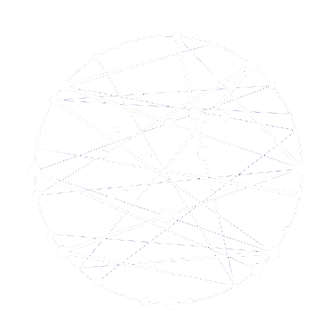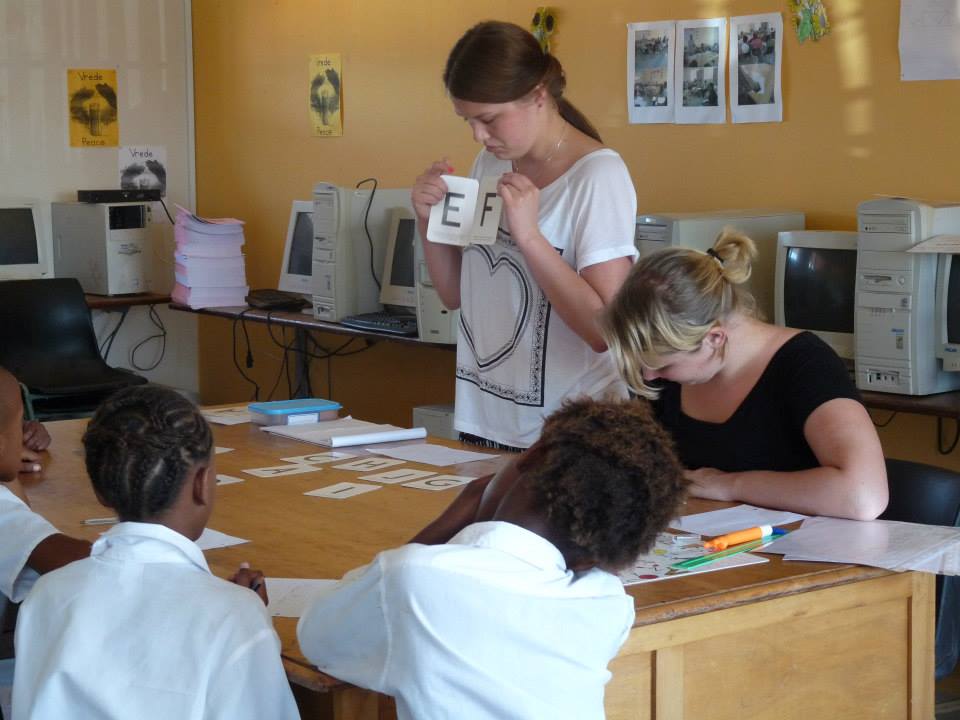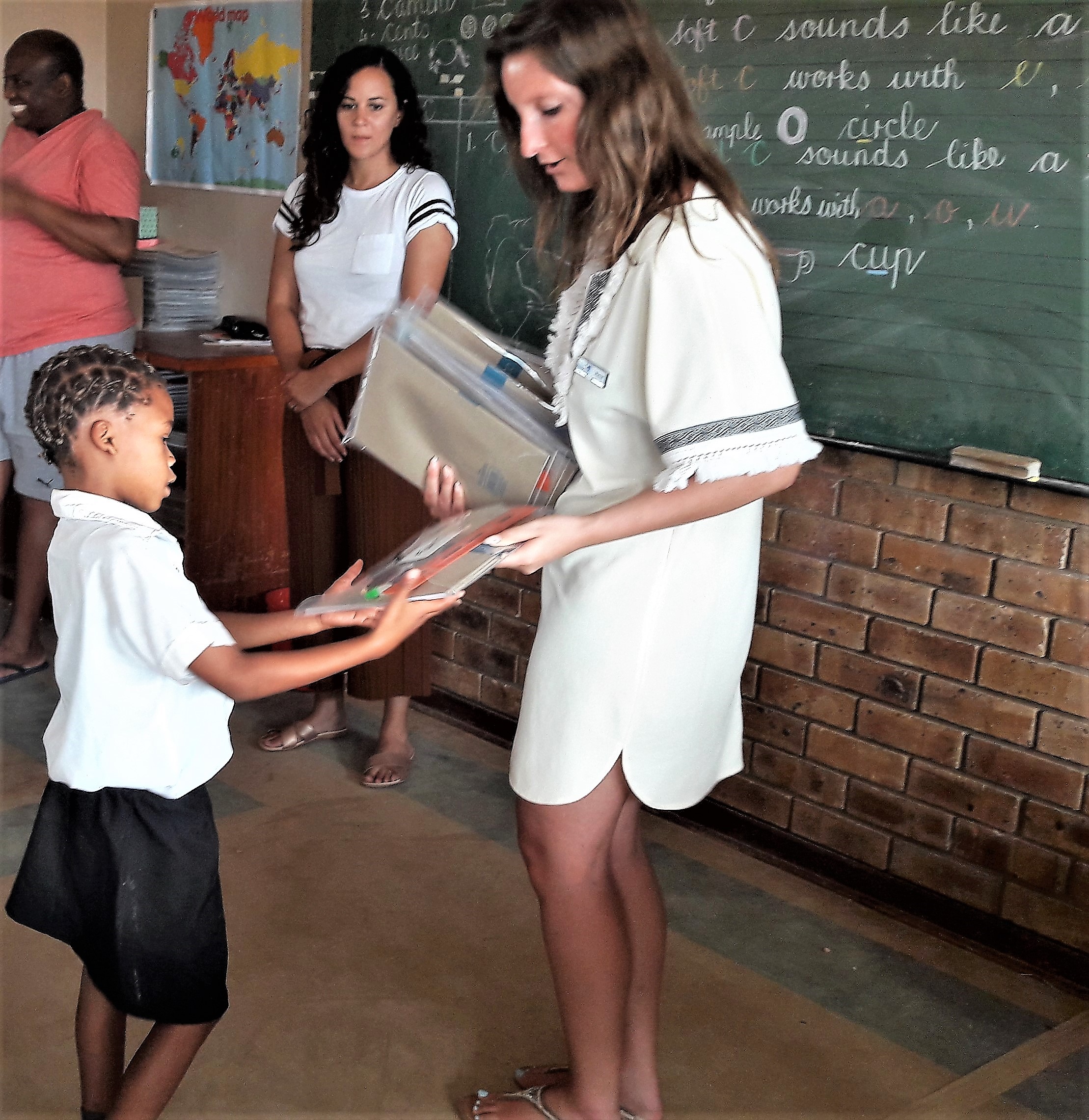



Sports is a powerful force for social connection, health, and environmental awareness. As a sports or sports science intern, you’ll run drills and lead games to unite communities around Environmental Social Governance (ESG) goals, using movement as your language. Whether you’re engaging children, parents, or local leaders, your work will build momentum where it matters most: on the ground. You’ll leave with sharper skills, wider perspectives, and a deep understanding of how physical activity can mobilise people — and change.
You’ll ideally be backed by experienced coaches, educators, or community organisers who know how to get things done. You will uplift
Together, you’ll turn energy into action.
Afrikaans, one of South Africa’s national languages, has strong ties to Dutch. While they’re not identical, Dutch and Flemish speakers often find they can follow conversations more easily and connect faster with local teams, parents, and community members — especially when leading group activities or explaining rules and drills. It’s a low-key superpower.
Useful interdisciplinary skills:
locate sports at the intersection of nutrition, hygiene and psycho-social well-being. Knowing how movement strengthens and is impacted by these other dimensions enables you design more sustainable programs.
knowledge helps coaches organise drills or stakeholder events that showcase their ability to lead, collaborate, and adapt alongside others.
management experience brings familiarity with the work of ensuring clean parks, safe water, breathable air and the like.
expertise sheds light on how people move, eat, commute — which helps design physical programs that get buy-in.